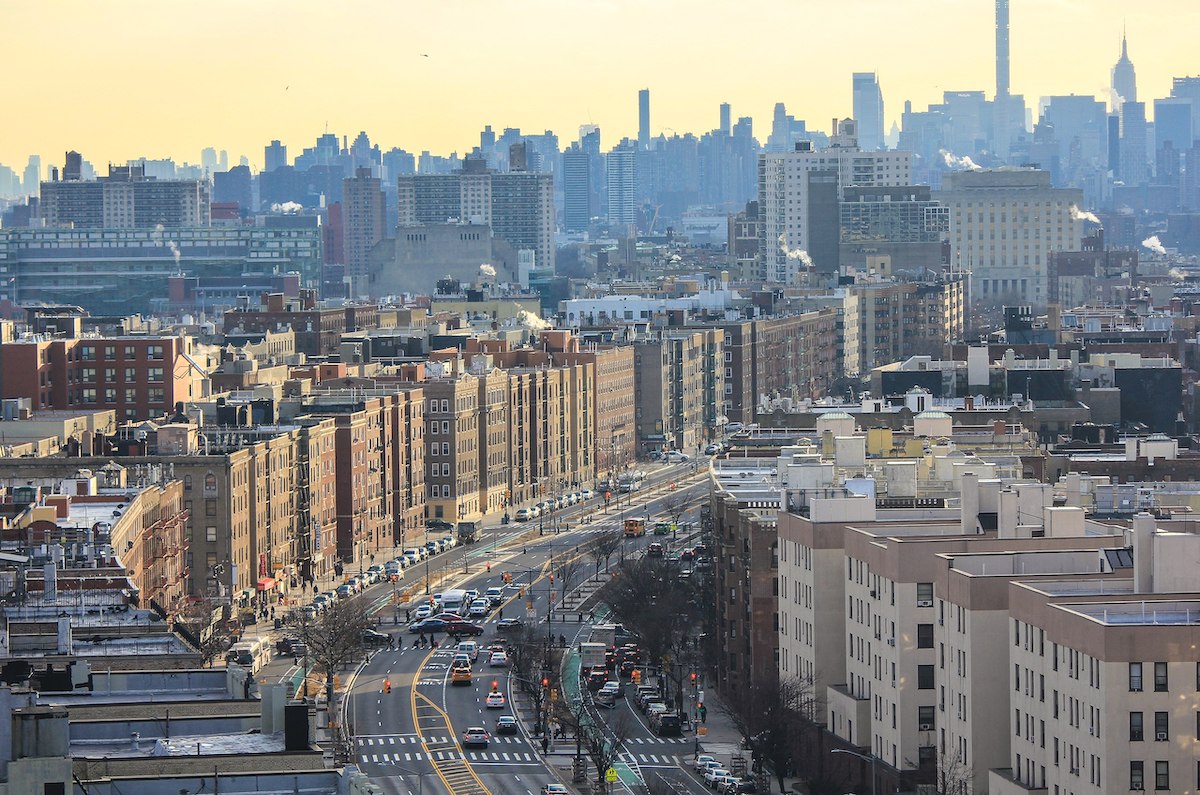Before the end of 2022, New York City residents should be able to access naloxone, sterile syringes and other harm reduction supplies from a handful of public vending machines—for free. It’s a new approach from the city, where drug overdoses are continuing to rise, especially for Black residents.
To install the machines, New York City’s Department of Health and Mental Hygiene is partnering with the Fund for Public Health in New York (FPHNY), an independent nonprofit. On December 8, FPHNY began offering grants to local harm reduction organizations to install vending machines in their neighborhood. Contractors must be registered as an “opioid overdose prevention program” with New York State and provide services directly to people who use drugs.
“We need to utilize all the tools at our disposal to save lives and increase access to critical harm reduction and wellness supplies.”
On January 31, the city will award $730,000 in total among six different contractors, to fund 10 machines. All 10 will carry naloxone, and five will also carry sterile syringes. Other items stocked may include safer smoking kits, safer snorting kits, condoms and pregnancy tests. The city will provide the naloxone free of charge, but everything else is up to the contractors to provide with their own funds. We can expect the machines to be in place sometime after June.
“In 2020, New York City experienced the highest number of overdose deaths since reporting began in 2000, and we need to utilize all the tools at our disposal to save lives and increase access to critical harm reduction and wellness supplies,” Victoria Merlino, an assistant press secretary at the DOHMH, told Filter.
Based on 2019 overdose mortality data, the city identified 12 areas with the highest fatality rates as priority candidates for getting one of the 10 the machines. These fall across all five boroughs—including Rockaway Beach in Queens on the city’s outskirts, and major tourist hubs like Union Square in Manhattan.
Previous research has also identified some of these areas as being among the most at-risk for other public health problems associated with drug use—such as HIV and hepatitis C transmission. A vending machine that dispenses supplies like syringes and condoms can help reduce blood-borne disease transmission.
Discussions with people who use drugs and other residents will determine which supplies, other than naloxone, each neighborhood’s machine will stock.
We won’t know more details on the machines’ locations until after January. “The [areas] listed are a starting place,” Merlino said. “Final vending machine locations will be determined in collaboration with community-based organizations and with input from community members.”
The city will be requiring contractors to speak directly with people who use drugs in their neighborhoods, as well as other residents, elected officials, businesses, public housing groups and law enforcement. Those discussions will determine which supplies, other than naloxone, each machine will stock. The machines must be accessible 24 hours a day (or close to it), but may require a special swipe card or PIN.
In 2020, more than 2,000 people died of overdose across the city—primarily related to opioids, specifically fentanyl. Demographically, Black residents face the highest overdose death rate. Geographically, parts of The Bronx, East Harlem and the northeast shore of Staten Island have recorded especially high death rates.
New York didn’t invent such vending machines. Similar machines exist in Nevada and Ohio, and Indiana just opened its first—in the lobby of a county jail (accessible for nearby residents and people leaving the jail). Other countries with these machines include Germany, Australia and Canada—which also has a program in which machines dispense a safe supply of prescribed hydromorphone.
In late 2021, New York City finally opened the first sanctioned safe consumption sites in the United States, after first promising to do so back in 2018. Within just three weeks, the two sites had reversed averted at least 63 overdoses. This is all happening in a political climate where Mayor Eric Adams and Governor Kathy Hochul are supportive of drug safety measures over which their predecessors dragged their feet.
Photograph of The Bronx by Siddarth Hanumanthu via Wikimedia Commons/Creative Commons 4.0





Show Comments